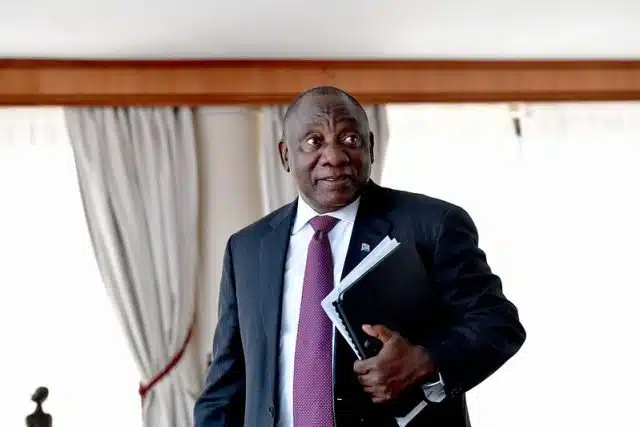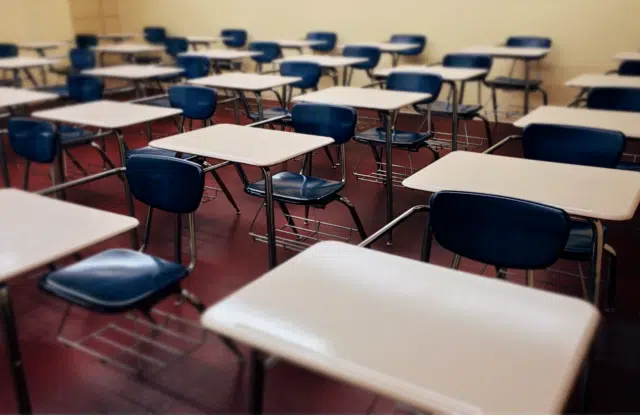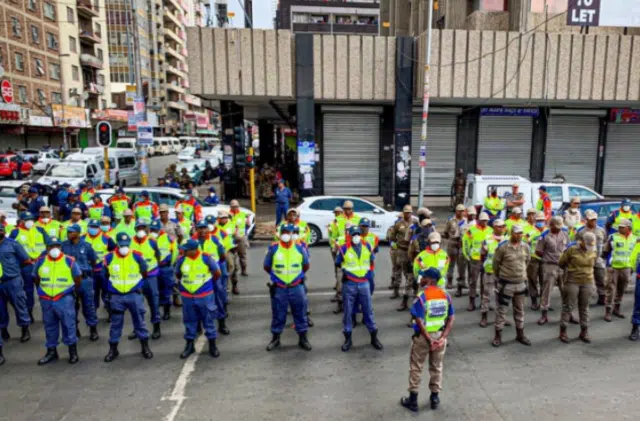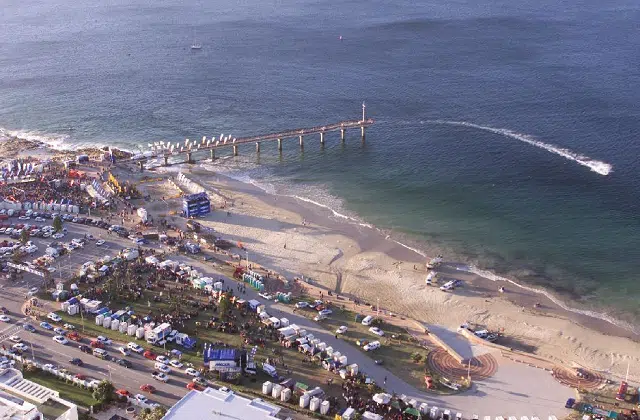
Ramaphosa talks up lifestyle audits and tackling corruption as greylisting looms
President Cyril Ramaphosa says that his administration is ramping up its fight against corruption in South Africa by finally setting up his long-announced National Anti-Corruption Advisory Council.
The council, which has been promised for a number of years, will advise the president on matters related to fighting corruption. Among other areas of focus, the council will advise the president on effective implementation of the anti-corruption strategy by government and civil society, including the private sector.
The presidency said that the council will also provide advisory input on matters related to the government’s response to the recommendations of the Judicial Commission of Inquiry into Allegations of State Capture.
“An interdepartmental team led by the presidency is currently developing government’s response, which president Ramaphosa will present to parliament by 22 October 2022,” it said.
The members of the National Anti-Corruption Advisory Council who will serve a three-year term from 1 September 2022 are:
- Ms Kavisha Pillay
- Mr David Harris Lewis
- Mr Nkosana Dolopi
- Ms Barbara Schreiner
- Adv. Nokuzula Gloria Khumalo
- Professor Firoz Cachalia (Chair)
- Mx Sekoetlane Phamodi
- Ms Thandeka Gqubule-Mbeki
- Inkosikazi Nomandla Dorothy Mhlauli (Deputy Chair)
In his weekly letter to the nation, Ramaphosa said that the fight against corruption requires both firm political will and independent, capable crime-fighting institutions.
“In my first State of the Nation Address, in 2018, I made a commitment to turn the tide against corruption in our public institutions and fight fraud and collusion in the private sector with the same intensity and purpose.
“Since then, we have been working hard to strengthen and support our law enforcement and related agencies,” he said.
Through these agencies and support, he highlighted that
- The Investigating Directorate has enrolled over 20 corruption cases in the last financial year and 65 accused have been charged. These include several ‘state capture’ and other serious corruption cases.
- The Asset Forfeiture Unit obtained freezing orders to the value of R5.4 billion relating to corruption offences, with R70 million paid into the Criminal Assets Recovery Fund.
- The SIU has recovered funds and assets to the value of R2.6 billion and set aside contracts to the value of R18 billion. A total of 119 cases worth more than R13 billion have been enrolled by the SIU at the Special Tribunal.
“Corruption is an extremely complex crime to prosecute,” he said.
“Perpetrators go to extraordinary lengths to cover their tracks. They set up shelf companies to hide dodgy transactions, rapidly moving monies between multiple accounts, misrepresenting income to the tax authorities, and, in the case of government employees, using friends and relatives to apply for tenders to mask their involvement.
“This means that the response of the authorities has to be just as sophisticated.”
In addition to appointments to the new National Anti-Corruption Advisory Council, the president also announced that other agencies will shift their focus.
The ‘Fusion Centre’, set up as an operational hub to address priority financial crimes, including corruption during the Covid-19 pandemic, will expand to include money-laundering, fraud, maladministration, terrorist financing and other serious financial crimes.
This comes as the country faces being ‘greylisted’ and potentially excluded from financial systems due to its vulnerability for these types of crimes.
Ramaphosa also said that the government will lean further into the South African Revenue Service and its capacity to conduct lifestyle audits, adding that in the last year, SARS completed 25 lifestyle audits to the value of over R450 million to resolve discrepancies between declared income and an individual’s lifestyle.
“It is clear that the measures we have taken as this administration to restore the capacity, capability and credibility of the institutions involved in the fight against corruption are having a demonstrable impact,” he said.
“The synchronised work of all the law enforcement agencies is hitting criminals where it hurts most: in their pockets. Public funds that were looted and diverted are being recovered and those responsible for these acts are being prosecuted by our courts.”
Read: Ramaphosa talks up tax incentives for employing youth in South Africa



